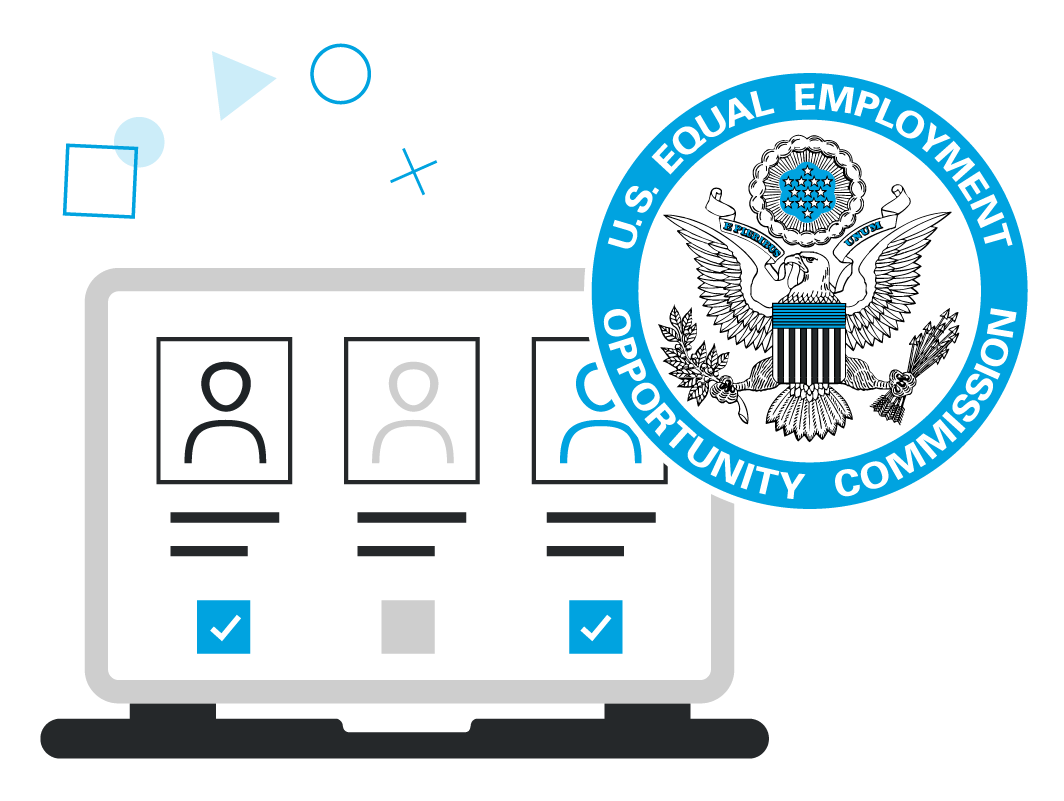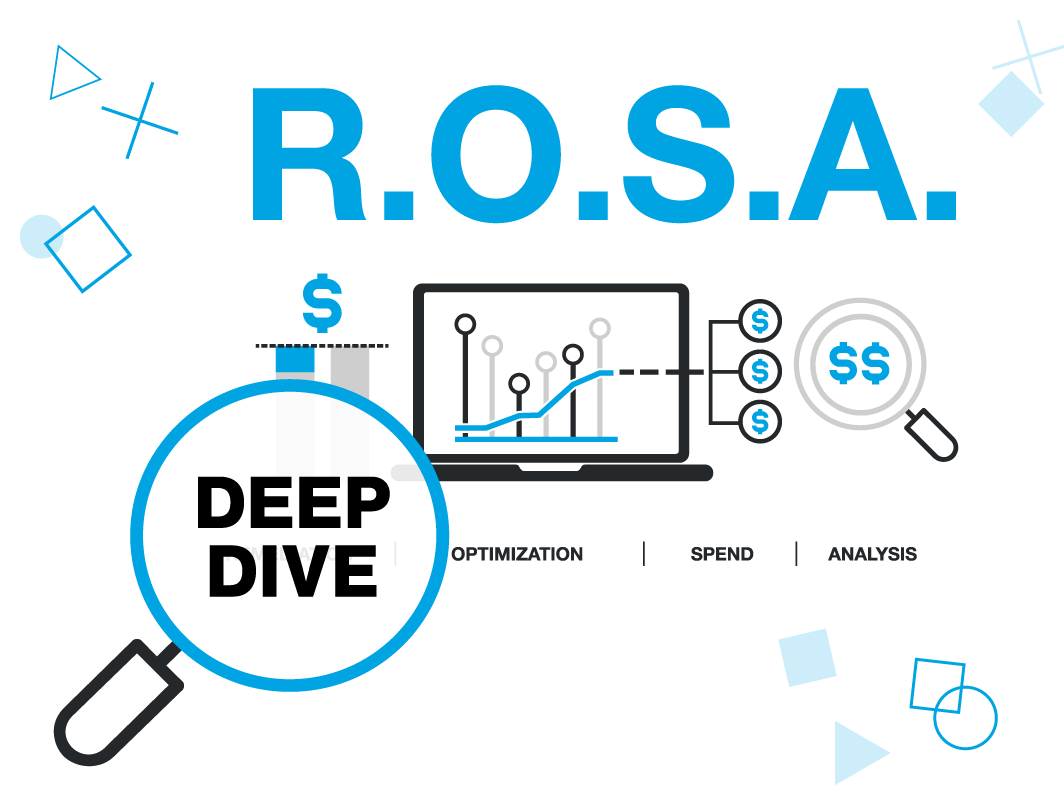
The U.S. Equal Employment Opportunity Commission (EEOC) has been actively cracking down on employers that discriminate against individuals in the workplace, a recent lawsuit against Jackson National Life Insurance demonstrates.
The EEOC first filed the lawsuit in September 2016 when the agency charged Jackson for “tolerating a working environment hostile to female and African American employees” in their Denver and Nashville offices, according to a press release issued by the EEOC.
Amongst other details included in the lawsuit are pay discrimination towards female and African American employees in addition to passing them over for promotion regularly. The content of the lawsuit all violates Title VII of the Civil Rights Acts.
Jackson National Insurance is now under a four-year consent decree and must pay $20.5 million in attorney fees, damages and costs, according to an article by the Denver Post. “About $15 million will go to the 21 claimants, and $5 million will go to attorney fees and costs.”
The results of the case not only show the EEOC’s commitment to making pay discrimination a priority, but also show that employees have two different avenues for claiming unequal pay: through violation of the federal Equal Pay Act or under Title VII of the Civil Rights Act.
Unequal pay gender discrimination lawsuits under Title VII are becoming more common. Late last year, the U.S. Women’s National Soccer Team filed in Los Angeles under the Equal Pay Act and Title VII of the Civil Rights Act. The reaction prompted unequal pay discussions across the entire sports world and even sparked activity from a local high school team.
Employers should expect to see more lawsuits under Title VII and take action accordingly. And with pay data requirements coming into play, employers will need to approach the pay equity issue head on. We recommend taking a proactive approach by undergoing a pay equity audit.
Undergoing a pay equity audit provides your organization with complete transparency into your organization’s pay structure. In addition, a pay equity audit can identify pay differences between employees that cannot be explained due to job-related factors. This type of audit not only identifies problems, but also provides actionable solutions. It gives employers an opportunity to ensure fairness in pay and prevent equal pay issues. It allows employers to minimize risk by identifying and remediating deficiencies, providing them with greater standing to defend against and win claims of discrimination.



